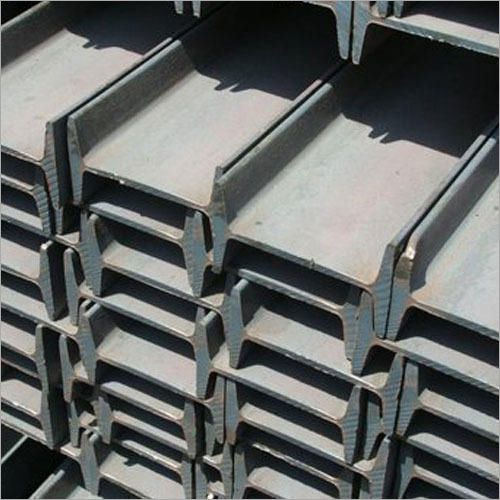
Mild steel Joists and Beams are commonly used in construction and industrial applications due to their strength, durability, and ability to support heavy loads.
Mild steel joists and beams are highly versatile due to their strength, adaptability. Their ability to be fabricated into various shapes and sizes makes them ideal for supporting both residential and industrial structures
Advantages

High Strength & Load- Bearing Capacity

Efficient use of materials, reducing waste

Resistance to warping, twisting, and shrinking

Compatibility with various building systems

Ease of installation

Cost-effectiveness
They are available in various forms and sizes the specifications of the products have been mentioned.
| Size in mm | Weight kg/m | Thickness mm | |
|---|---|---|---|
| 1 | 100 x 50 | 8.9 | 4.7 |
| 2 | 125 x 70 | 13.3 | 5.0 |
| 3 | 150 x 75 | 15.00 | 5.00 |
| 4 | 175 x 85 | 19.6 | 5.8 |
| 5 | 200 x 100 | 24.20 | 5.7 |
